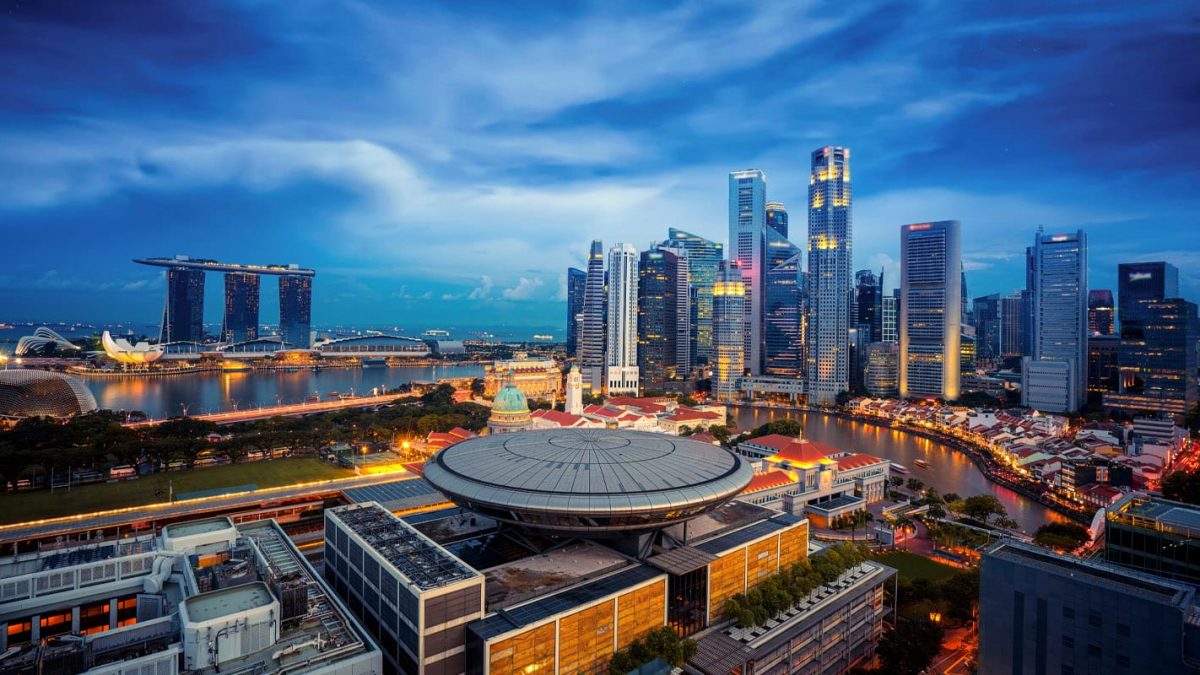1. Singapore Institute of Directors launches accreditation framework, governance alliance
The Singapore Institute of Directors (SID) has introduced a framework to accredit board directors, aiming to set standards for their skills.
During its 25th-anniversary event at the Singapore Exchange (SGX) Centre on Friday (Jul 28), the institute formed an alliance of key stakeholders in directorship and governance.
This accreditation aims to improve the directorship profession by enhancing skills, leadership, and stakeholder trust. The alliance, led by Wong Su-Yen, chair of the SID Governing Council, will collaborate across the directorship ecosystem to promote good governance.
Notably, Singapore’s operational landscape has undergone significant changes due to factors like increased geopolitical tensions and growing economic nationalism.
2. Stricter rules for electricity retailers to better protect consumers
Starting from August, consumers will enjoy improved safeguards against unpredictable electricity costs due to stricter regulations for retailers.
According to the Energy Market Authority (EMA), these new rules require electricity retailers to possess a minimum net worth of $1 million when applying for or renewing their licenses. This criterion ensures their credibility and financial stability.
Additionally, retailers will need EMA’s endorsement for appointing key positions, like the chief executive, adding an extra layer of oversight.
EMA emphasized that this enhanced regulatory setup serves as one of the measures to fortify the competitive market framework.
3. MAS to Strengthen Defence Against Money Laundering Risks in Single Family Offices
The Monetary Authority of Singapore (MAS) has initiated a public consultation to enhance the safeguards and defenses against money laundering risks in the Single Family Office (SFO) sector. The proposed framework aims to create a unified class exemption approach, ensuring that all SFOs adhere to anti-money laundering controls.
Currently, SFOs, which do not handle third-party assets, can either rely on pre-existing class exemptions from licensing requirements or request individual exemptions from MAS. In a bid to fortify anti-money laundering measures in the SFO sector, MAS is suggesting a standardized exemption criteria for all SFOs operating in Singapore.
Under the new framework, to qualify for the class exemption, SFOs need to:
a. Be incorporated in Singapore.
b. Notify MAS and confirm their compliance with class exemption criteria when starting operations.
c. Annually report total managed assets at the end of each calendar year.
d. Maintain a business relationship with an MAS-regulated financial institution that will conduct anti-money laundering checks on these SFOs.
4. China to resume 15-day visa-free entry for Singaporeans
The Chinese government is reinstating a 15-day visa-free option for Singaporeans traveling to China, starting from midnight this Wednesday. This comes after a suspension that lasted over three years.
This visa-free provision covers various purposes like tourism, business, family visits, and transit, as revealed by the Chinese Embassy in Singapore on Sunday.
Already issued visas for Singaporeans remain valid, and ongoing visa applications will proceed without disruption.
China had halted visa issuance for foreigners in March 2020, during the early stages of the Covid-19 pandemic, which also led to the suspension of the 15-day visa-free privilege for Singaporeans.
In March this year, China recommenced issuing all visa types to foreigners but continued to keep the visa-free option on hold. As a result, those planning to travel to China had been experiencing lengthy queues and wait times at a designated visa center on Robinson Road.
5. Singapore, Hong Kong reaffirm close and longstanding relations
Singapore’s Prime Minister Lee Hsien Loong and Hong Kong’s Chief Executive John Lee have once again emphasized the strong and enduring relationship between the two cities.
During his first visit to Singapore since taking office just over a year ago, Chief Executive Lee was hosted for a lunch meeting by Prime Minister Lee.
The leaders acknowledged the shared challenges faced by their cities as global urban centers and explored avenues to enhance mutual collaboration, as outlined by a statement from the Singapore Ministry of Foreign Affairs (MFA).
They also celebrated the resumption of post-pandemic exchanges between the civil services of Singapore and Hong Kong, including the revival of the Permanent Secretaries Exchange Programme.

